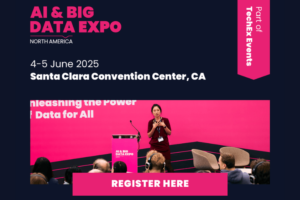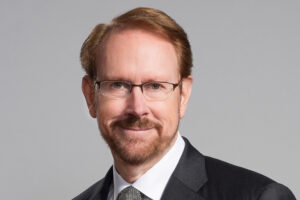The United Nations Security Council (UNSC) formally met on Tuesday in New York for a first-ever discussion on artificial intelligence (AI). The UNSC meeting opened the stage for international dialogue about AI’s impact on global security and peace.
Governments worldwide are seeking ways to reduce the dangers of AI technology, which could change the global economy and the international security sphere while maintaining its positive impact. In June, the UN Secretary-General Antonio Guterres supported a proposal put forth by some artificial intelligence executives to create an international AI watchdog authority like the International Atomic Energy Agency (IAEA).
Representatives from fifteen member countries attended the UNSC session to discuss the “catastrophic risks for humans” AI presents while also recognizing it as a historical innovation.
British Foreign Secretary James Cleverly chaired the meeting on Tuesday, which heard from Professor Zeng Yi, co-director of the China-UK Research Center for AI Ethics and Governance, and Jack Clark, co-founder of leading AI company Anthropic.
Mr. Cleverly emphasized AI’s untouchable nature and the need to “involve and engage the widest coalition of international actors from all sectors.” He said, “Our shared goal will be to consider the risks of AI and decide how they can be reduced through coordinated action.”
The UNSC members heard the two members discuss AI’s scope and the opportunities it provides while simultaneously raising concerns about its risks and the urgent need for a global resolution.
Jack Clark said AI development cannot fall on the sole shoulders of private sector actors. Governments across the world should unite, increase state capacity, and develop powerful AI systems together. He added, “An AI system that can help us in understanding the science of biology may also be an AI system that can be used to construct biological weapons.” He also added that not understanding AI’s risks would be like “building engines without understanding the science of combustion.”
Clark claimed that once AI systems are created and delivered, people will use them for newer tasks, which the developers did not anticipate, adding that the new uses could have both positive and negative impacts.
Professor Zeng Yi also urged the UN members to treat the subject seriously. He emphasized the need for the UN to play a central role in establishing an AI framework to ensure its governance, global security, economy, and peace. “AI risks human extinctions simply because we haven’t found a way to protect ourselves from AI’s utilization of human weaknesses,” he said.













